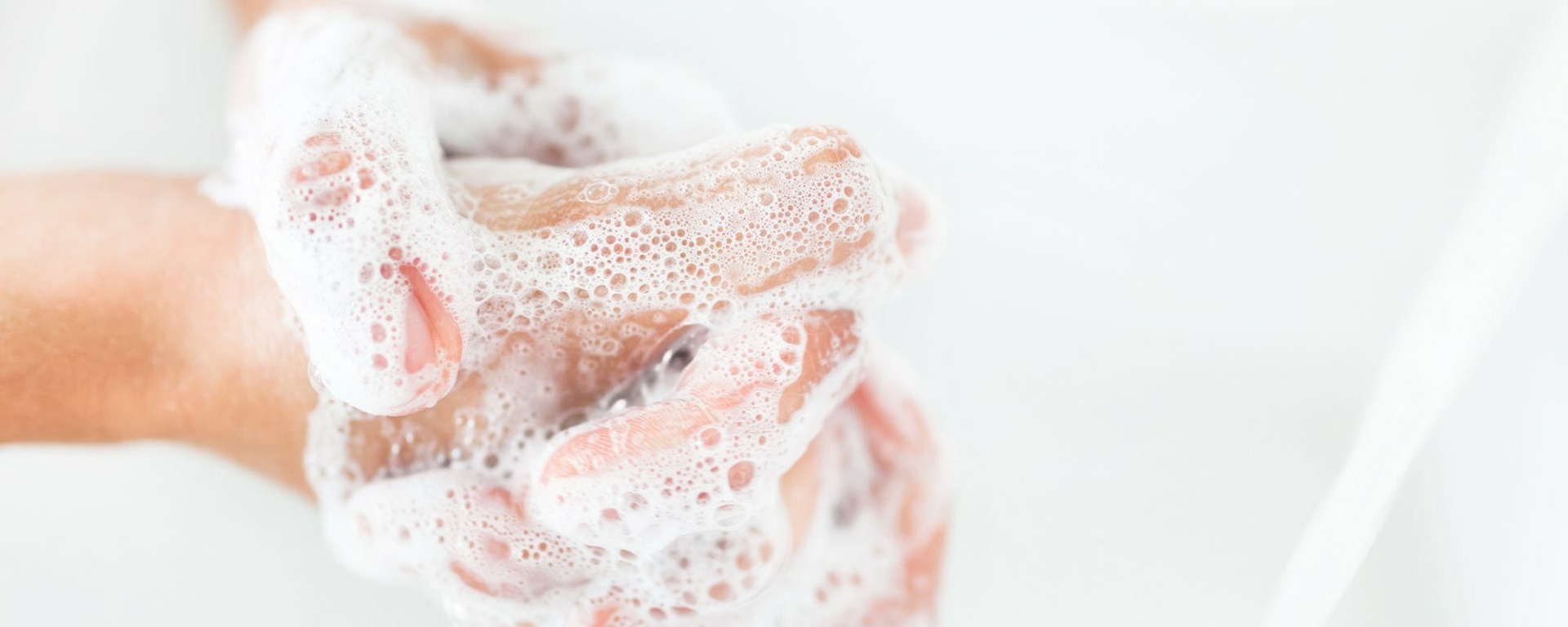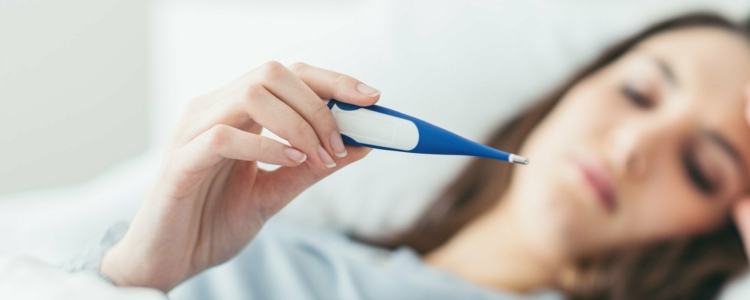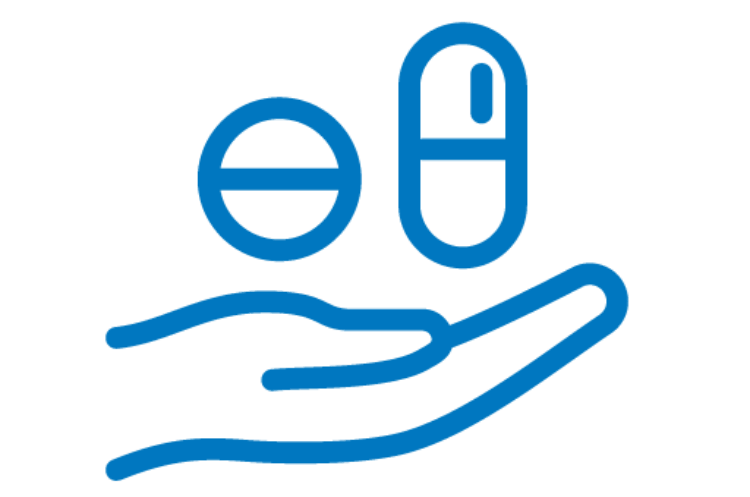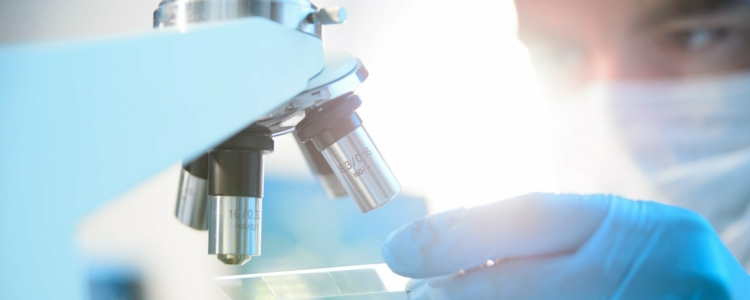Even now that the vast majority of people are adequately immunized against COVID-19, the virus continues to spread among the population.
The first thing to do is to make sure you receive adequate doses of the COVID-19 vaccine, to maximize your protection and that of others. Whether it’s for your first, second or third shot, use our online service to quickly schedule a vaccination appointment at your Accès pharma pharmacy. Your pharmacist or a member of the nursing staff will administer the required vaccine.
Your pharmacist is also there to answer any questions you may have regarding immunization and to inform you on the suitability of the COVID-19 vaccine if you suffer from certain conditions that could make it unfavourable.
Follow advice from local authorities
First and foremost, always listen to instructions from your local authorities. We continue to learn new information about COVID-19, and the pandemic continues to evolve. By staying on top of the latest developments, you can follow the best practices.
Wash your hands frequently with soap and water for at least 20 seconds
Soap is a fatty substance that makes things clean by breaking down and lifting away impurities from the skin. This is why washing your hands with soap is the most effective way to get rid of germs and bacteria. Apply the soap between your hands and lather your palms, fingers and the back of your hands vigorously. Rub your fingernails against your palms to clean them. Count to 20 and rinse well.
Use an alcohol-based disinfectant if don’t have access to soap and running water
Many retailers will ask you clean your hands with hand sanitizer before entering their store. Do your part by using the product they have provided for you: apply a dime-sized amount to the palm of one hand and rub it all over your palms, fingers and the back of your hands for about 20 seconds until the liquid is absorbed.
Practice social distancing
Even though the 2-metre rule is no longer mandatory, it is still recommended to keep a healthy distance from others in the places you frequent, particularly in high-traffic areas and where crowds tend to be compact.
A person who is coughing or sneezing propels tiny droplets over a distance of 1 to 1.5 metres. By staying two metres away from others, you are reducing your chances of catching the virus from a potentially infected person, or contaminating someone if you are infected.
Always keep in mind that COVID-19 symptoms can appear up to 14 days after exposure to the virus. Moreover, some people who are infected with coronavirus may not show symptoms (they are asymptomatic). In short, you may not know that you are carrying COVID-19. You can help protect everyone by practising social distancing.
Avoid close contact with people who are sick or at risk
It goes without saying that you should avoid coming into contact with people who have weakened immune systems, since they are at a greater risk of contracting the virus and developing serious complications from an infection.
People with the following conditions run a higher risk of dying from severe respiratory complications caused by the coronavirus (COVID-19):
- People who are 70 years old and over;
- People who have chronic heart disease;
- People who have chronic lung disease;
- People who have cancer or are immunocompromised;
- People who have diabetes
As much as possible, avoid close contact with anyone who has symptoms of COVID-19. If you are showing symptoms, stay at home and make sure to schedule an appointment immediately to obtain rapid tests from your Accès pharma pharmacy by using our online service. A person you know can also make their way directly to Accès pharma for you. Tests are sometimes available on the spot. When in doubt, do not hesitate to call the coronavirus info line at 1-877-644-4545.
Cough or sneeze into your elbow
Cough or sneeze into your elbow and cover your nose and mouth with your sleeve, which will reduce the transmission of droplets to those around you. Don’t cough or sneeze into your hands because they are constantly touching different surfaces and could easily contaminate them.
If you use a tissue, discard it immediately after use and wash your hands afterwards.
Avoid touching your face
The virus can enter your body through your eyes, nose or mouth. This is why you should avoid touching your face, unless you have washed your hands first.
Use a non-medical mask
As an additional protective measure, it is recommended that you wear a non-medical when you are out and about.
When you wear a non-medical mask, you must take the following precautions:
- Wash your hands before putting on the mask and after taking it off.
- Adjust the mask to ensure that is it well fitted to your face. It should cover your nose and mouth.
- When you are wearing a mask, avoid touching it or adjusting it.
- If you wear a cloth mask, change it as soon as it is damp or wet. You should wash it after each use by putting it directly in the washing machine. It should be completely dry before you put it on again.
- If you wear a paper mask, dispose of it directly in a lined garbage bin as soon as it is damp, wet or soiled. Do not reuse a paper mask after it has been worn.
- Never leave a soiled mask on any surface and always dispose of paper masks in a garbage bin.
- Do not share your mask with others.
Avoid non-essential travel
To limit the spread of the virus, the Government of Canada continues to recommend to its citizens to avoid all nonessential travel outside of Canada. Several measures also target travellers who are arriving from outside Canada.
This information is not a substitute for professional medical advice and Accès pharma affiliated pharmacist-owners cannot be held responsible for this information. The information was true and accurate at the time of publication, but it is subject to change.






